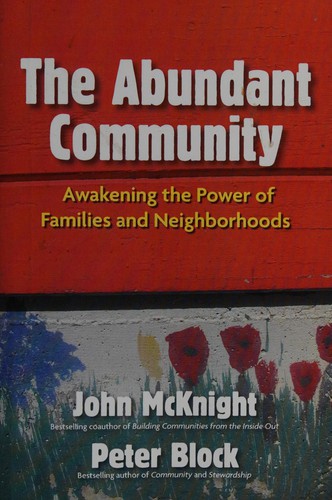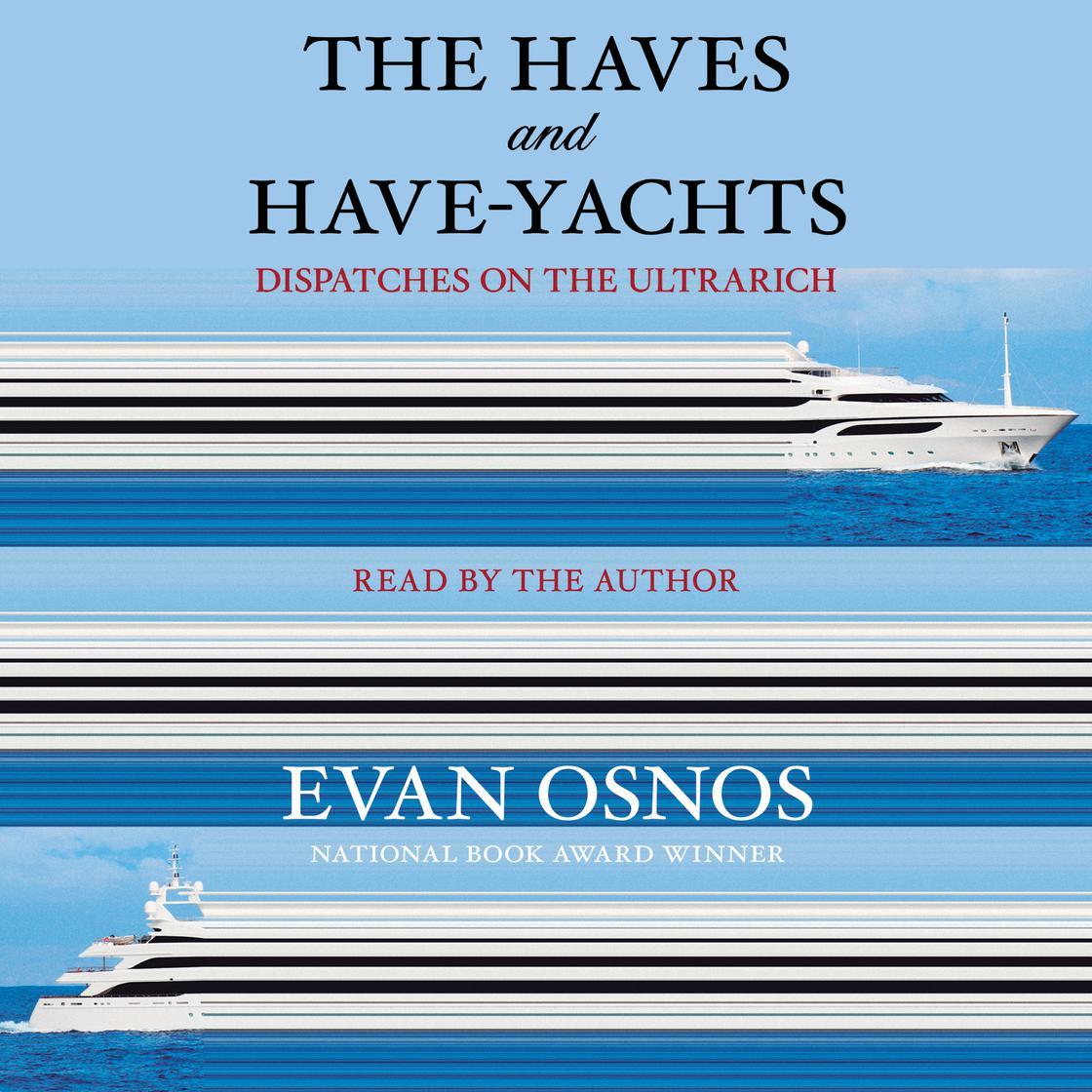Travis F W stopped reading

The abundant community by John McKnight (BK currents book)
There is a growing movement of people with a different vision for their local communities. They know that real satisfaction …
Nonfiction audio is my main thing. Autobiographies, parenting, science, social issues, and some business or anything educational.
I consider nonfiction to be a healthier and more useful view of the world than the news.
I have a few Mastodon accounts, like @travisfw@fosstodon.org
This link opens in a pop-up window

There is a growing movement of people with a different vision for their local communities. They know that real satisfaction …

From the National Book Award–winning author Evan Osnos comes a timely and provocative collection of essays exploring American oligarchy and …
Not sure I'll finish it. I've learned a few things and remained confused but I think that's congruent with the message. I'm going to hazard a synthesis: Mandatory sexuality in culture is a fixation on an extreme, and because many people so poorly fit the implications and social dynamics of mandatory sexuality, asexuality provides a perspective that sex and sexuality may be unimportant for a healthy individual.
Good message but this sheer willpower method doesn't really fit. Don't get me wrong, I have plenty of willpower. I think accepting and engaging in reciprocal loving relationships would work better for me. Easier said than done, of course. My issue is how pervasive social injuries were hardwired into my body during "critical periods" and I see that when I look in the mirror. IE if you have PTSD, this book is naïve. But I would still recommend it with appropriate expectations.
@mouse@bookwyrm.social I watched that movie a few times. I wonder if I could find an audio version of this new translation.
I started listening to Green read his book to me a year or two ago, and dropped it. But feeling drawn to more poetic subject matter now, feeling my usual focus glaze over, this delivers in ironic commentary, as if a star rating could ever provide insight into the quality of an experience beyond just the quality, a quality of the experience of a book that I have been missing. I just very much enjoyed the chapter on our capacity for wonder.
Wonder, itself, given a star rating. Does it matter how many? Should it ever matter to you, how many stars for anything? Only because the metric is forced down our throats by e-commerce platforms, must it matter. But no wonder why the quality of daily life has been seeming to drop in dimensionality. Not that Green has yet made this point.
The Gottmans under-state the significance of this book by implication, with the type of title they gave it. But the take-away is that they found the single variable most correlated with long, happy relationships: how partners respond to bids for attention. Though the authors only discuss the context of amatonormative marriages, this finding, through the lens of the experienced Gottmans, is valuable insight for friendships and any kind of emotional intimacy partners wish to maintain.
Having grown up in Alaska, I feel I have a different set of assumptions about infrastructure than most who grew up with higher population density. For a long time after I left the north, I still carried a knife, lighter, and flashlight. Convenient tools, if for no other reason than that others usually don't have them when they need them, but reflecting a lack of assumption on my part that wherever I find myself, I will necessarily have light and warmth, or need nothing more than my bare hands. Infrastructure is the difference, and its ubiquity in most lives is both freeing and limiting.
@kingrat Must be what the French call a French press?